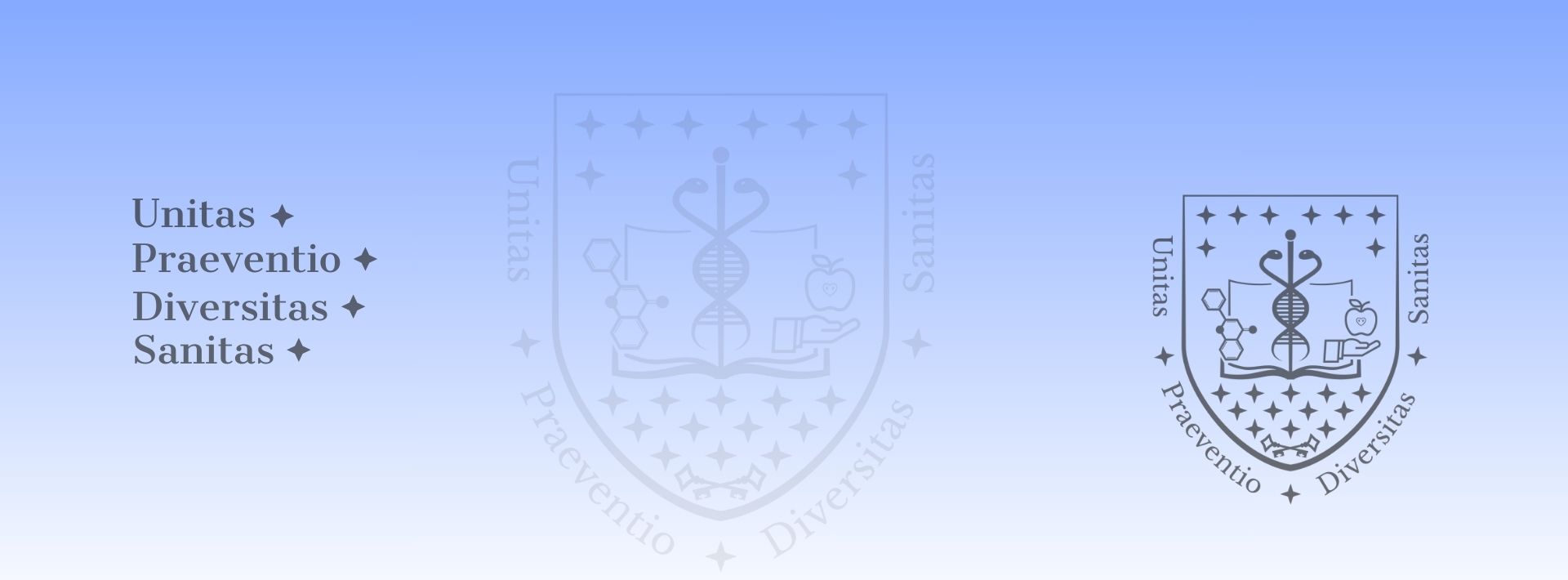Data
Official data in SubjectManager for the following academic year: 2024-2025
Course director
-
Marek Erika Mária
associate professor,
Department of Public Health Medicine -
Number of hours/semester
lectures: 24 hours
practices: 0 hours
seminars: 0 hours
total of: 24 hours
Subject data
- Code of subject: OXF-STC-h-T
- 2 kredit
- General Medicine
- Optional modul
- both
-
Course headcount limitations
min. 5 – max. 16
Available as Campus course for . Campus-karok: ETK
Topic
The homeless, the gypsy, the refugee and the sex-worker are knocking on heaven's door... All middle-aged...Sounds like the beginning of a joke, but unfortunately this is NOT a joke! These vulnerable populations experience the lowest life expectancy at birth and the worst health status during their lifespan in comparison to majority populations. This course deals with the specific health concerns and needs of these four segregated populations, and discusses some good practices; and initiatives aiming to improve their health and access to healthcare.
The courses will be held in blocks, and as each occasion will cover different vulnerable populations, please, make sure your availability for each dates before you apply!
All open-minded, socially sensitive and tolerant students are welcomed to this course and everybody who is interested in reducing inequalities in health and healthcare.
Lectures
- 1. Homelessness in the EU: causes of homelessness, typology, trends and data - Rákosy-Vokó Zsuzsa
- 2. Health of the homeless people: special health problems and their causes, relevance from the public health point of view - Rákosy-Vokó Zsuzsa
- 3. Health of the homeless people: special health problems and their causes, relevance from the public health point of view - Rákosy-Vokó Zsuzsa
- 4. Challenges of the homeless health care, special health services - Rákosy-Vokó Zsuzsa
- 5. Challenges of the homeless health care, special health services - Rákosy-Vokó Zsuzsa
- 6. How to bring about cross sectoral partnership in practice for Improvements of the homeless health: EU policies, initiatives and practices. Housing first model. - Rákosy-Vokó Zsuzsa
- 7. Roma in Hungary and worldwide: demography, mortality data, trends and subgroups - Kiss Zsuzsanna (Orsós Zsuzsanna)
- 8. Health related knowledge and attitudes - where do they come from and how do the influence health - Kiss Zsuzsanna (Orsós Zsuzsanna)
- 9. Health related knowledge and attitudes - where do they come from and how do the influence health - Kiss Zsuzsanna (Orsós Zsuzsanna)
- 10. What factors are behind our decisions? Effects of tradition, belief, media - Kiss Zsuzsanna (Orsós Zsuzsanna)
- 11. What factors are behind our decisions? Effects of tradition, belief, media - Kiss Zsuzsanna (Orsós Zsuzsanna)
- 12. Role reversal - would you agree? Barriers, difficulties, positive or negative discrimination - Kiss Zsuzsanna (Orsós Zsuzsanna)
- 13.
Principals of migration-health, current trends of legal and irregular migration in Europe, common causes of migration (push factors).
- Marek Erika Mária - 14.
Principals of migration-health, current trends of legal and irregular migration in Europe, common causes of migration (push factors).
- Marek Erika Mária - 15.
Specific health concerns of legal and irregular migrants, with emphasis on refugees. Health and puclic health aspects of migration: for what shall we be prepared? The healthy migrant effect phenomenom.
- Marek Erika Mária - 16.
Specific health concerns of legal and irregular migrants, with emphasis on refugees. Health and puclic health aspects of migration: for what shall we be prepared? The healthy migrant effect phenomenom.
- Marek Erika Mária - 17.
International best practices and recommendations concerning medical screening, immunization, health care and health promotion for migrants.
- Marek Erika Mária - 18.
International best practices and recommendations concerning medical screening, immunization, health care and health promotion for migrants.
- Marek Erika Mária - 19.
Victims of human traffickins, the female sex workers (FSWs): specific health concerns and needs.
- Marek Erika Mária - 20.
Victims of human traffickins, the female sex workers (FSWs): specific health concerns and needs.
- Marek Erika Mária - 21.
Specific aspects of health care for female sex worker (FSW) populations.
- Marek Erika Mária - 22.
Specific aspects of health care for female sex worker (FSW) populations.
- Marek Erika Mária - 23. Assessment, final test, consolidation - Marek Erika Mária
- 24. Assessment, final test, consolidation - Marek Erika Mária
Practices
Seminars
Reading material
Obligatory literature
Literature developed by the Department
Notes
Recommended literature
Fazel, Seena; Geddes, John R.; Kushel, Margot 2014: The health of homeless people in high-income countries: descriptive epidemiology, health consequences, and clinical and policy recommendations. Lancet, 384(9953), 1529-1540.
FEANTSA 2017: ETHOS - European Typology of Homelessness and Housing Exclusion.
FEANTSA Documents, FEANTSA, Belgium https://www.feantsa.org/download/ethos2484215748748239888.pdf.
David Cressy: Gypsies: An English History. 2018.
Yaron Matras: I Met Lucky People: The Story of the Romani Gypsies. 2014.
Bernd Rechel: Migration and Health in the European Union. 2011.
http://www.euro.who.int/__data/assets/pdf_file/0019/161560/e96458.pdf
Conditions for acceptance of the semester
Active participation at lectures (85% at least), and successful completition of the final written test.
Mid-term exams
Written test based on the recommended literature and lectures at the last class.
Making up for missed classes
Upon agreement with the course director.
Exam topics/questions
Written test based on the recommended literature and lectures at the last class.
